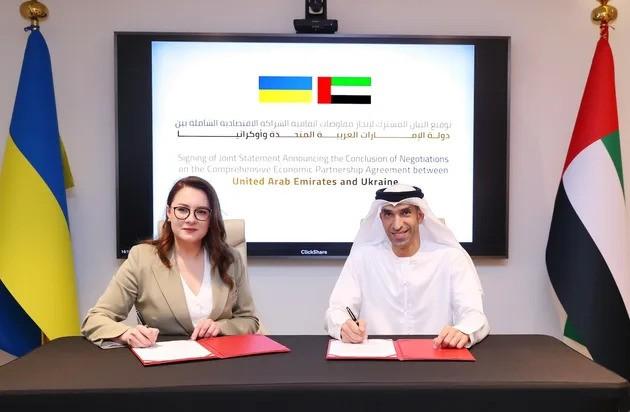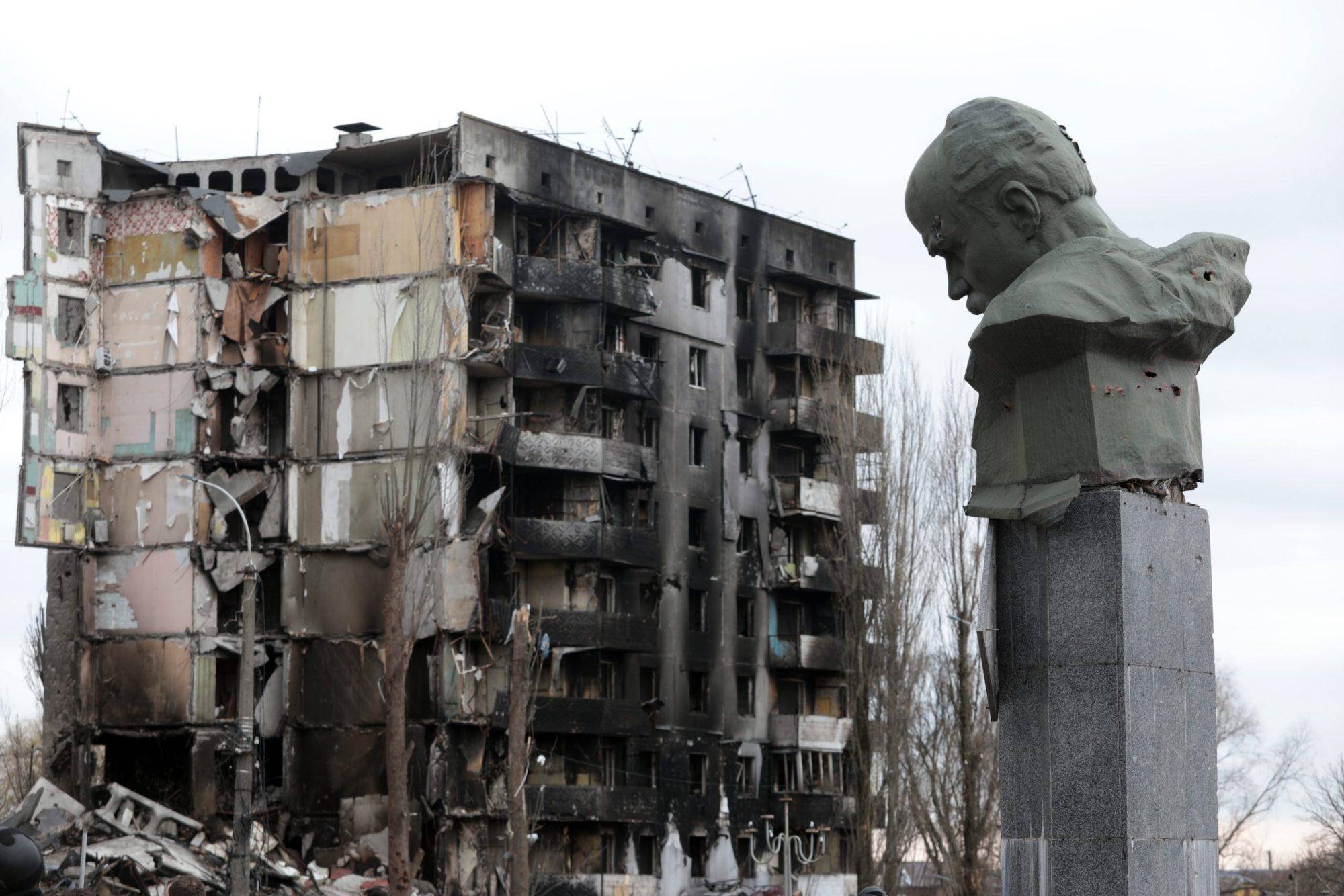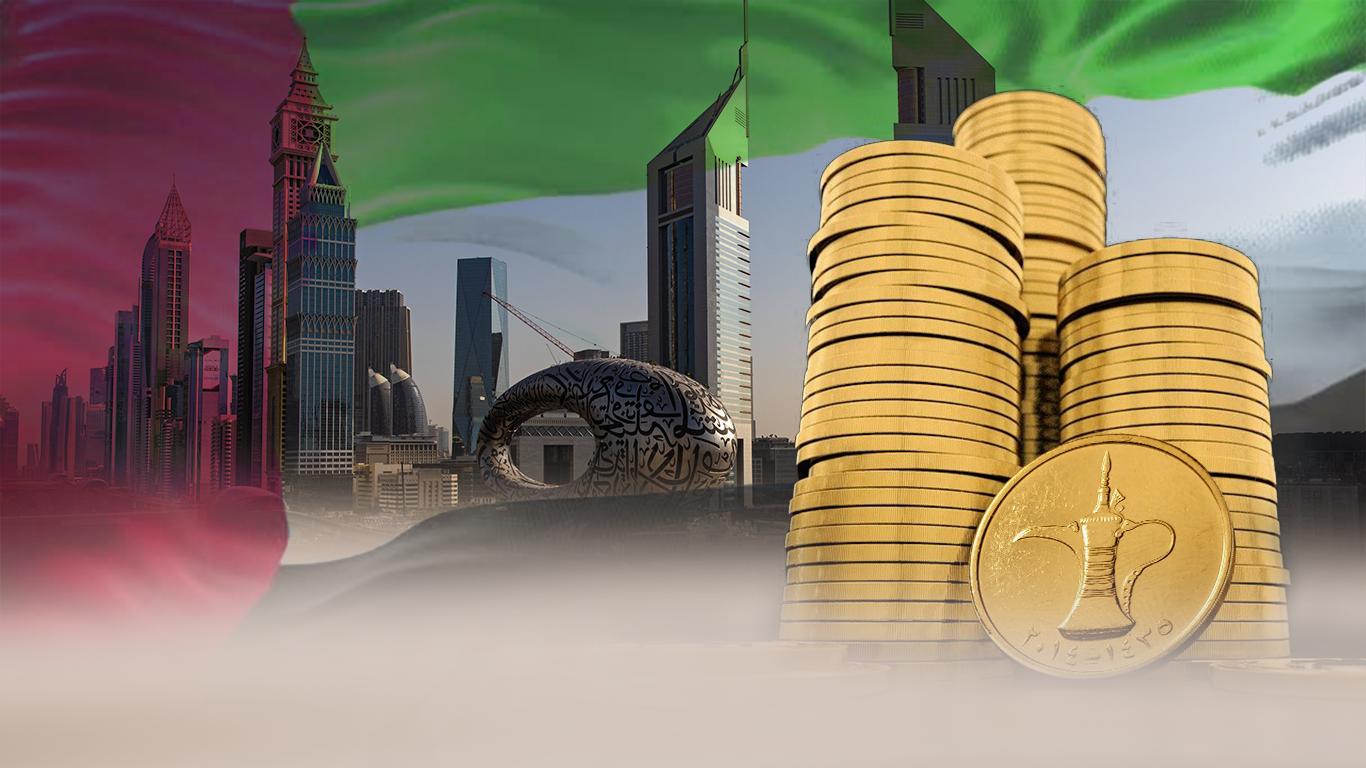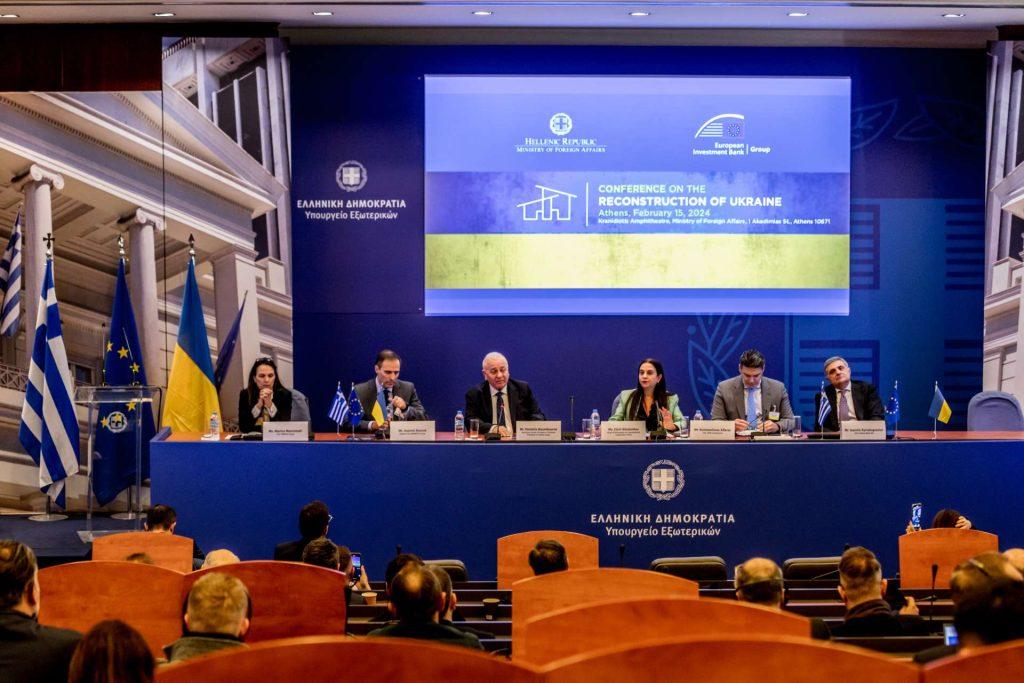UAE-Ukraine agreement and post-war reconstruction Looking beyond the war
On April 29, Ukraine and the United Arab Emirates (UAE) signed a new agreement to enhance bilateral trade amid the ongoing Russo-Ukraine war. According to the joint statement, the Comprehensive Economic Partnership Agreement (CEPA) will remove or reduce tariffs on a range of goods and products, remove trade barriers, and ease market access to exporters from both sides. The negotiations and partnership with the wealthy Gulf monarchy is particularly important for Ukraine as it seeks more economic partners and investments in light of the destructive war.

Therefore, the recently signed CEPA will also support Ukraine's recovery and the rebuilding of key industries and infrastructure while also helping to strengthen supply chains to the Middle Eastern region for major exports such as grains, machinery, and metals. Indeed, the two-year-long brutal war nearly destroyed Ukraine's economy, industry, and agriculture as the national currency kept shrinking. In this regard, to compensate for material loss and damaged infrastructure, official Kyiv attempts to find more partners willing to invest in wartime and post-war reconstruction. As for the UAE, Ukraine is a bridge for its exports to Europe and an important source of imports related to food security.
Undoubtedly, the post-war reconstruction in Ukraine will likely be the largest post-war rebuilding effort since the one in Europe after World War II, and even now, it has attracted substantial international attention, with two recovery conferences. A military victory for Ukraine that leaves it with widespread destruction and a stagnant economy will be no victory at all. Such an aftermath could embolden Russia to commit aggression again, with more dire consequences. In contrast, a restored and vibrant Ukraine can strengthen the Western alliance strategically and economically.

However, the successful post-war reconstruction requires a relatively sustainable economy and continuous investments by foreign donors. In the case of Ukraine, the US, EU, and UK governments remain the largest donors, though it is insufficient to fully revive Ukraine's economy. As such, the CEPA agreement will play an active role in revitalising the Ukrainian economy, and we look forward to the ratification of the deal and the new opportunities it will create for the business communities on both sides.
Consequently, the trade volume between the two countries in 2023 accounted for $385.8 million in non-oil trade, with joint foreign direct investment stock standing at $360 million by the end of 2022 across sectors such as logistics and infrastructure, travel and tourism, and advanced technology. Ukraine's Ministry of Economy hopes that the CEPA will boost the European country’s gross domestic product by 0.1 per cent in the medium to long term. The agreement is a part of the UAE's goal of growing its non-oil foreign trade with multiple nations to expand its influence.

Considering the UAE's vast financial resources, it seems rational that the country attempts to boost its economic network by employing the CEPA tool. The Arab world’s second-largest economy has so far signed 11 CEPAs with countries including Israel, India, Türkiye, Georgia, Indonesia, and Cambodia, as well as Mauritius, Kenya, the Republic of Congo, Colombia, and Costa Rica.
Despite the UAE’s enthusiasm for partnership with Ukraine, the current CEPA will be a little contribution to eliminate the mass wartime destruction in Ukraine’s major urban areas and civilian settlements, as well as, restore nearly destroyed civilian infrastructure. This is to say, Ukraine's reconstruction should be a partnership between the US and Europe. In 2023, analytical institutes in Ukraine have developed detailed data on destruction, and Ukraine's civil society is a strong and willing partner in reconstruction efforts.

In February 2024, the EU countries held a conference in Athens to discuss the possibilities of post-war reconstruction of Ukraine. During the meeting, the European Investment Bank agreed to provide 70 billion euros for the reconstruction of the war-torn country while estimating the cost of reconstruction is expected to reach $381 billion. Nevertheless, Kyiv will likely seek more potential investors to revive the country even though the situation on the front line remains unstable.







